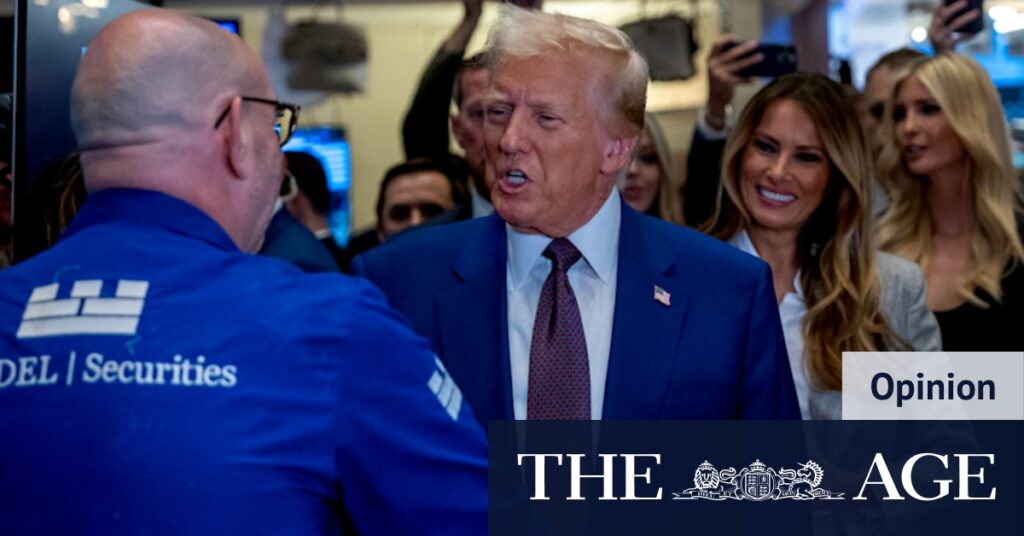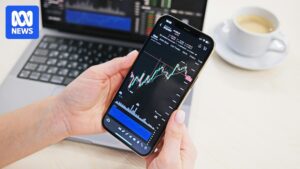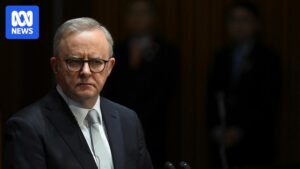
In a surprising twist, global financial markets appear largely unperturbed by President Donald Trump’s aggressive economic policies, including tariffs and attempts to influence the Federal Reserve. Despite these potentially destabilizing moves, major indices like the S&P 500 and Nasdaq have seen significant gains this year, with the latter up 8.6% and technology stocks surging by 15%.
This market resilience comes amid Trump’s imposition of a 10% baseline tariff on a variety of imports, including steel, aluminum, and goods from China, Canada, and Mexico. Scheduled punitive tariffs are set to take effect on August 1, raising questions about their long-term impact on the economy.
Market Complacency or Strategic Confidence?
The apparent calm in the markets has led to speculation about investor strategies. Some attribute it to the so-called “TACO” trade—Trump Always Chickens Out—suggesting that investors believe Trump will ultimately back down. However, this theory may underestimate the complexity of the situation.
Trump’s tariffs are not just theoretical; they are actively impacting sectors like automotive and manufacturing. For instance, Stellantis, the parent company of Chrysler and Fiat, reported a €2.3 billion loss in the first half of the year, attributing €300 million of that to tariffs.
“The tariffs cost us €300 million after factory shutdowns caused a 25% reduction in deliveries to US buyers,” said Stellantis in a statement.
Impact on Inflation and Corporate Profits
While Wall Street seems to be brushing off the chaos, the economic repercussions are beginning to surface. Inflation data from June showed a rise to 2.7%, above the Federal Reserve’s 2% target. This uptick is partly due to increased costs for goods affected by tariffs, which importers had initially stockpiled to avoid price hikes.
As inventories deplete, the pressure on importers—and consequently, consumers—is expected to grow. Retailers are already discussing potential price increases to offset these costs, signaling a possible rise in inflation.
General Motors, another major player in the automotive industry, has projected that Trump’s tariffs will cost the company approximately $4.5 billion this year. Despite these challenges, car prices have not yet shown significant increases, possibly because consumers rushed to buy before tariffs took full effect.
The Federal Reserve Under Pressure
Trump’s attempts to influence Federal Reserve policy have also raised eyebrows. His calls for interest rate cuts and hints at appointing a more compliant Fed chair have sparked concerns about the independence of the central bank.
The Congressional Budget Office recently updated its projections, estimating that the One Big Beautiful Bill, which includes Trump’s tax cuts, will add $3.4 trillion to US government debt over the next decade. This fiscal stimulus comes at a time when inflation is already showing signs of acceleration.
“Foreign investors are more wary of the Trump trade and central bank agendas than the locals,” noted a recent report.
Future Implications and Market Reactions
The combination of tariffs and potential politicization of the Federal Reserve could have significant implications for both economic growth and inflation. If market interest rates rise, it could materially impact share prices, given the current high valuations of the S&P 500.
Looking ahead, the key question remains whether the current market calm will persist once Trump’s reciprocal tariffs take full effect and if he appoints a new Fed chair aligned with his views. The outcome could shape the economic landscape for years to come, affecting everything from consumer prices to international trade relations.
As these developments unfold, investors and policymakers alike will be closely monitoring the situation, weighing the potential risks and rewards of Trump’s bold economic maneuvers.




